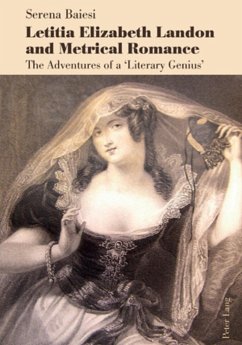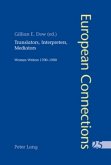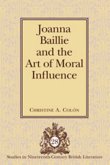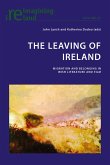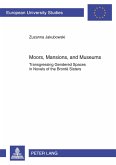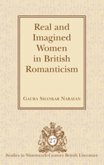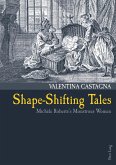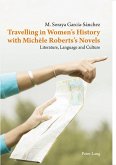Letitia Elizabeth Landon (1802-1838) was one of the leading women poets of the second generation of English Romantic writers. Following her predecessor Walter Scott and her contemporary Lord Byron, she was a fluent practitioner and essential innovator of the metrical romance and exerted a strong influence on the work of Victorian poets (especially Elizabeth Barrett Browning, Robert Browning and Christina Rossetti). This book analyses Landon's poetics, with particular reference to the close relationship between the narrative poem as literary genre and its gender implications.
Landon was both an eclectic writer and a literary businesswoman: she was an extremely effective promoter of her literary work in order to support her independent life in London. Furthermore she was the editor of several annuals and gift-books, wrote for magazines, and published numerous poems, novels, and editorials. Her active life and mysterious and premature death in Africa attracted the curiosity of many biographers during the twentieth century, but only in recent times has critical attention been paid to her rich literary output. This volume aims to discuss and analyse the work of a talented artist whose metrical romance strongly influenced the poetics of late Romanticism, and prefigured a highly successful genre widely adopted during the Victorian age: the dramatic monologue.
Landon was both an eclectic writer and a literary businesswoman: she was an extremely effective promoter of her literary work in order to support her independent life in London. Furthermore she was the editor of several annuals and gift-books, wrote for magazines, and published numerous poems, novels, and editorials. Her active life and mysterious and premature death in Africa attracted the curiosity of many biographers during the twentieth century, but only in recent times has critical attention been paid to her rich literary output. This volume aims to discuss and analyse the work of a talented artist whose metrical romance strongly influenced the poetics of late Romanticism, and prefigured a highly successful genre widely adopted during the Victorian age: the dramatic monologue.

